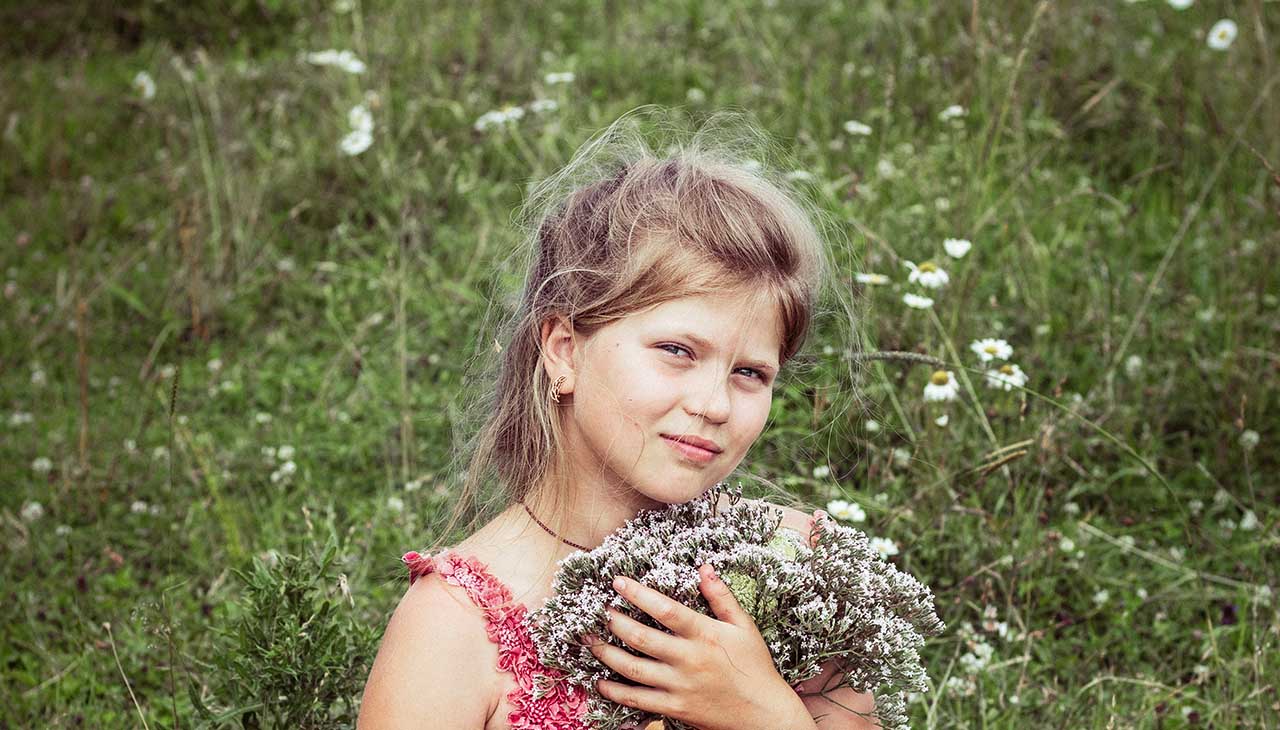Exposing children to the natural world from an early age presents a wealth of benefits that contribute to their overall development. As they explore the outdoors, they not only engage in physical activity but also nurture their curiosity, foster creativity, and learn to appreciate the environment. This section will delve into the manifold advantages nature brings to a child’s life, substantiating how essential it is to include outdoor exploration in children’s routines.
Physical Health
Outdoor activities serve as a natural playground where children can freely run, jump, and play, thus promoting physical fitness. Engaging with nature helps improve children’s motor skills, balance and coordination. The varied, unpredictable environments of the outdoors stimulate them to adapt to different situations, improving agility and flexibility. Additionally, regular exposure to sunlight boosts their vitamin D levels, strengthening their bones and enhancing their immune system. Importantly, physical play also aids in combating childhood obesity and establishing healthy lifestyle habits from a young age.
Mental Health
Spending time in nature significantly contributes to children’s mental health as well. The tranquil and restorative qualities of the outdoors provide a calming effect, reducing stress and anxiety. Engaging in unstructured play amidst nature stimulates imagination, supports creativity and enhances problem-solving skills. Studies have also linked regular outdoor play to improved concentration and a boost in academic performance. Moreover, nurturing a connection with nature in childhood can foster a sense of environmental stewardship, leading to a lifelong appreciation of our natural world.
Cognitive Development
Outdoor experiences can significantly foster cognitive development in children. Nature offers a plethora of stimuli that support intellectual growth and cognitive functioning. By navigating through the unpredictable and ever-changing environments of the outdoors, children learn to think on their feet, make decisions, and solve problems. Research indicates that children who play outside regularly have better language skills, perform better on academic tests, and show improved attention spans. Furthermore, the sensory experiences provided by nature – the sights, sounds, smells, and textures – all contribute to cognitive learning and memory enhancement. Ultimately, outdoor play in nature provides a rich, multi-sensory environment that stimulates and enriches children’s cognitive development.
Social Skills
The outdoors also presents a broad platform to develop and enhance social skills in children. As they play and interact with peers in a natural environment, children learn to communicate, cooperate, share, negotiate and resolve conflicts. These interactions foster friendships and promote a sense of empathy and understanding of different perspectives. Moreover, group activities like team games or nature group projects encourage teamwork and leadership skills. They learn to respect rules, take turns, and collaborate effectively to reach common goals. Thus, outdoor play in nature can significantly contribute to social learning, helping to cultivate and enhance vital social skills that children will utilize throughout their lives.
Emotional Well-being
Immersing in the tranquility of nature can have profound effects on a child’s emotional well-being. It acts as a natural stress reliever, providing a sense of calm and peace that aids in regulating emotions and reducing feelings of anger, anxiety or depression. Outdoor play also nurtures self-esteem, as children overcome challenges and learn to trust their abilities. The sense of accomplishment gained from climbing a tree or catching a bug, for instance, can instill confidence and self-belief. Moreover, the freedom and autonomy of unstructured outdoor play foster a sense of independence and self-reliance, while the beauty and vastness of nature can instill a sense of awe and wonder, promoting feelings of joy and happiness. Therefore, regular interaction with nature is essential for a child’s emotional development, enhancing their capacity to understand and express emotions, and promoting a healthy, balanced emotional state.
Environmental Awareness
Exposing children to nature from a young age fosters environmental awareness, a crucial aspect of their development in our increasingly eco-conscious society. In the outdoors, children encounter various elements of the natural world, from plants and animals to weather patterns and seasonal changes. These experiences provide tangible lessons about the Earth’s ecosystems, sparking curiosity and facilitating a deeper understanding of environmental processes. Nature-based activities, like tree planting or beach clean-ups, offer practical insights into the importance of conservation and the impacts of human actions on the environment. As children learn to appreciate the beauty and complexity of nature, they develop a sense of responsibility towards its preservation. They understand that every creature and ecosystem has a role to play in the Earth’s biodiversity, instilling a lifelong commitment to sustainable practices. Thus, time spent in nature is invaluable in cultivating environmental awareness and shaping our children into informed, responsible global citizens.




